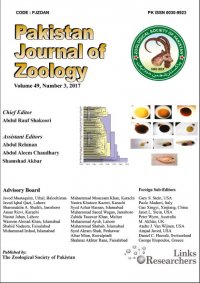Propofol Relieves Neuropathic Pain Caused by Chronic Contraction Injury in the Spinal Cord
Propofol Relieves Neuropathic Pain Caused by Chronic Contraction Injury in the Spinal Cord
Yisi Chen*, Jun Zhang and Fayin Li
ABSTRACT
The objective of this study is to explore the regulating pathway of propofol in alleviating neuropathic pain caused by chronic contraction injury. Forty-five rats were randomly divided into three groups: blank group (untreated, 3 groups, n=15), isoflurane group (general anesthesia of plantar incision, inhalation of 2.5% isoflurane, 3 groups, n=15), propofol group (general anesthesia of plantar incision, intravenous infusion of propofol to the lateral tail vein through the implanted catheter with the infusion rate of 1.5 mg kg-1 min-1, 3 groups, n = 15). The paw withdrawal threshold was used to evaluate the mechanical pain before and after the incision. L3-L5 was taken 1h after incision. The phosphorylation level of GluN2b, p38MAPK, ERK, JNK and EPAC was measured by Western blot and immunofluorescence. We found that the mechanical pain induced by plantar incision peaked at 1h after surgery and lasted for 3 days. Compared with the isoflurane group, the mechanical pain in propofol group was significantly reduced within 2h after incision (P<0.05). In the propofol group, the phosphorylation level of GluN2B, p38MAPK and EPAC1 was significantly decreased (P<0.05). The number of dorsal spinal cord neurons co-expressed with EPAC1 and c-fos was significantly decreased in the propofol group after surgery (P<0.05). To conclude, propofol could reduce postoperative pain response in animals and inhibit the glun2b-p38mapk /EPAC1 signaling pathway in the spinal cord.
To share on other social networks, click on any share button. What are these?









